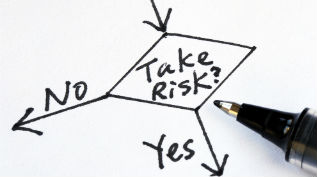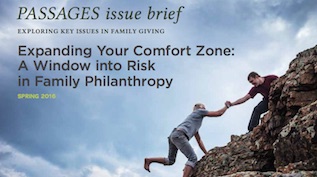
Philanthropy is often described as society’s “risk capital.” This NCFP Content Collection provides context for how generous families can assess philanthropic risk, tame and mitigate risk, and even expand their comfort zone to embrace uncertainty and learn from their mistakes. Know of other good resources on this topic? Please suggest a resource.
NCFP Passages Issue Brief and blog posts


To Make a Difference, Family Philanthropy Must Take More Risks
ArticleLearning from mistakes
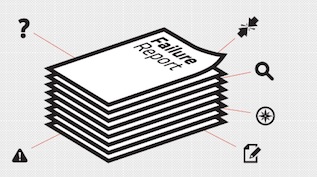
Failure Reports: A how to guide
ToolSamples, checklists, and templates
Case Foundation: Be Fearless framework and foundation profiles
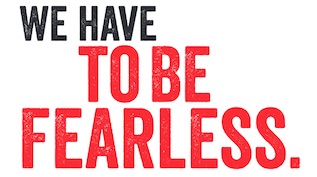
Be Fearless: The 5 Core Principles
Tool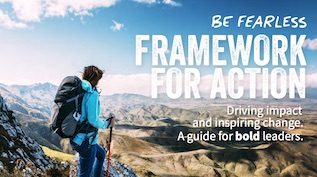
Be Fearless: A framework for action
Tool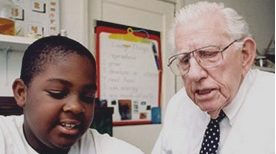
Jacobs Family Foundation: Be Fearless Case Study
Impact StoryAdditional resources from NCFP colleagues
